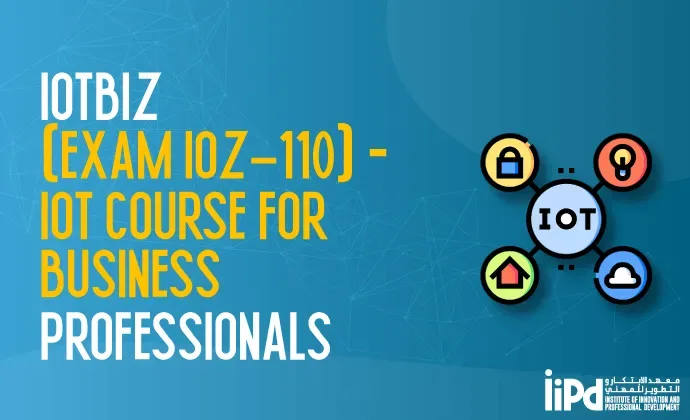
Course Details
The Internet of Things (IoT) offers numerous advantages across various sectors, including industry, energy, utilities, municipalities, healthcare, and consumer markets. It allows for the collection of vast amounts of data on diverse topics such as public health, environmental conditions, industrial and agricultural processes, and energy management. Advanced data analysis tools have been specifically designed to handle the massive data volumes generated by IoT, enabling quick, data-driven decision-making.
However, successfully planning and implementing an IoT solution requires a deep understanding of the unique factors involved. Unlike traditional IT systems, IoT projects involve distinct considerations and complexities.
Many business professionals may lack the foundational knowledge needed to navigate the components and design choices inherent in an IoT project. While they may be familiar with conventional IT concepts such as networks, cloud computing, and applications, IoT introduces new challenges and requires a broader perspective.
Objectives
To validate a participant's knowledge of IoT terminology, their ability to understand the components of IoT infrastructure, uncover challenges for consideration and the impact that IoT has on their organization. Successful participants will be able to identify what IoT can do for their organization and the various business and technical challenges to address.
Outline
Lesson 1: Planning an IoT Implementation
Topic A: Defining IoT
Topic B: IoT Infrastructure
Topic C: Identify the Benefits and Challenges of IoT
Lesson 2: Undertaking an IoT Project
Topic A: Identify Real-World Applications for IoT
Topic B: The IoT Development Lifecycle
Pre-Requisite
The course is intended for business leads in project management, marketing, and sales seeking to grow their organization through IoT technology solutions with no pre-requisite.
Methodology
- Batch-wise training
- Practical hands-on training with real-time examples








